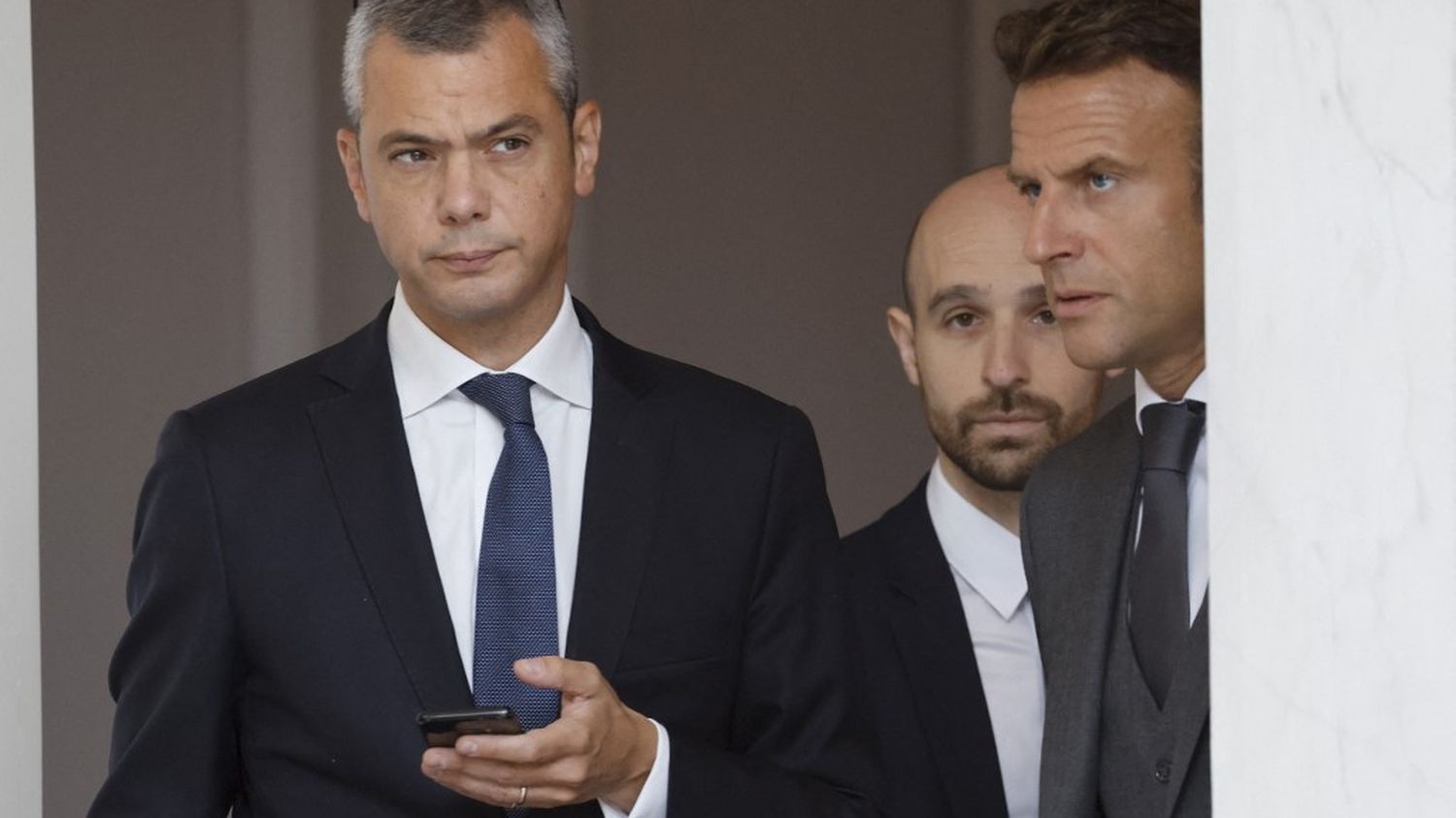The Voice Season 27, Episode 3: Adam Levine's Performance Analyzed

Table of Contents
Adam Levine's Coaching Style in Episode 3
Mentorship Techniques
Adam Levine's coaching style is instantly recognizable. He blends a keen understanding of musicality with an ability to connect with contestants on a personal level. In Episode 3, this was evident through his interactions with his team. He wasn't just offering technical advice; he was building confidence and fostering creative expression.
- Positive Reinforcement: He consistently praised his contestants' strengths, building their self-assurance before addressing areas for improvement. For example, he lauded [Contestant A]'s unique vocal timbre, boosting their confidence before suggesting subtle refinements to their phrasing.
- Constructive Criticism: His feedback was insightful and tailored to each contestant's individual needs. He avoided generic advice, instead focusing on specific elements of their performance that could be enhanced. For instance, he guided [Contestant B] on refining their stage presence, suggesting more dynamic movements to better connect with the audience.
- Relationship Building: Levine fostered genuine connections with his team members, creating a supportive and collaborative environment. He took time to understand their musical aspirations and tailored his coaching accordingly. This personal approach was clearly visible in his interactions with [Contestant C], where he helped them overcome stage fright.
Song Selection Strategy
The songs Adam Levine selected for his contestants in Episode 3 were strategically chosen to highlight their vocal strengths while simultaneously challenging them to grow. His selections were calculated, balancing risk and reward.
- [Contestant A] – Song Title: A powerful ballad that showcased their vocal range and emotional depth. This choice allowed them to connect with the audience on an emotional level, playing to their strengths.
- [Contestant B] – Song Title: A more upbeat and contemporary piece, pushing them outside their comfort zone and demonstrating versatility. This choice demonstrated Levine's willingness to push his artists.
- [Contestant C] – Song Title: A classic song, chosen to demonstrate their technical skills and vocal control. This was a strategic decision to showcase their strengths while also providing them with a familiar framework.
Impact on Contestant Performances
Individual Contestant Analysis
Adam Levine's coaching had a discernible impact on each of his contestants’ performances.
- [Contestant A]: Their performance was exceptional, demonstrating clear improvement from their blind audition. Levine's guidance with vocal dynamics significantly enhanced their delivery.
- [Contestant B]: While their performance showcased their improved stage presence, there was still room for growth. Levine's advice, though helpful, wasn't entirely successful in completely overcoming their nervousness.
- [Contestant C]: This contestant overcame their stage fright, delivering a solid and technically proficient performance. Levine's coaching clearly helped them to manage their nerves and perform to their full potential.
Overall Team Performance
Adam Levine's team in Episode 3 showcased a diverse range of talent, showcasing both vocal power and emotional depth. They presented a cohesive team performance, with each contestant bringing unique strengths to the table. Their combined talent demonstrated the effectiveness of Levine’s coaching style. While early to predict, their performances hinted at a strong potential for advancement in the competition.
Comparison to Other Coaches
Coaching Style Comparisons
Compared to the other coaches, Adam Levine's style stands out for its blend of personal connection and musical expertise. While [Coach X] focused more on technical perfection, and [Coach Y] emphasized showmanship, Levine’s approach cultivated both. This multifaceted strategy seems to be more effective in producing well-rounded performers. [Coach Z]'s more hands-off approach contrasted sharply with Levine’s direct and detailed feedback.
Conclusion
Adam Levine's return to The Voice in Season 27, Episode 3, proved impactful. His coaching style, characterized by positive reinforcement, constructive criticism, and strong personal connections with contestants, clearly influenced their performances. His strategic song selection aimed to highlight individual strengths and push vocal boundaries. Compared to other coaches, his blend of technical guidance and emotional support appeared particularly effective. The overall team performance showcased the positive effects of his mentorship. Adam Levine's impact on The Voice Season 27 is already significant.
What did you think of Adam Levine's coaching style in The Voice Season 27, Episode 3? Share your thoughts on Adam Levine's The Voice Season 27 coaching in the comments below! Don't forget to share this analysis of Adam Levine's impact on The Voice Season 27 with your fellow fans on social media!

Featured Posts
-
 Khvoroba Selin Dion Ostanni Onovlennya Ta Fakti Pro Yiyi Stan
May 14, 2025
Khvoroba Selin Dion Ostanni Onovlennya Ta Fakti Pro Yiyi Stan
May 14, 2025 -
 Alexis Kohler Quitte L Elysee La Fin D Une Ere Pour Macron
May 14, 2025
Alexis Kohler Quitte L Elysee La Fin D Une Ere Pour Macron
May 14, 2025 -
 Inlichtingen Bayern Over Nederlander Onverwachte Kosten
May 14, 2025
Inlichtingen Bayern Over Nederlander Onverwachte Kosten
May 14, 2025 -
 Maya Jamas Beauty Routine The Viral Hair Product And More
May 14, 2025
Maya Jamas Beauty Routine The Viral Hair Product And More
May 14, 2025 -
 Cannes Un Migrant Menace Passagers De Bus Avec Un Cutter
May 14, 2025
Cannes Un Migrant Menace Passagers De Bus Avec Un Cutter
May 14, 2025
